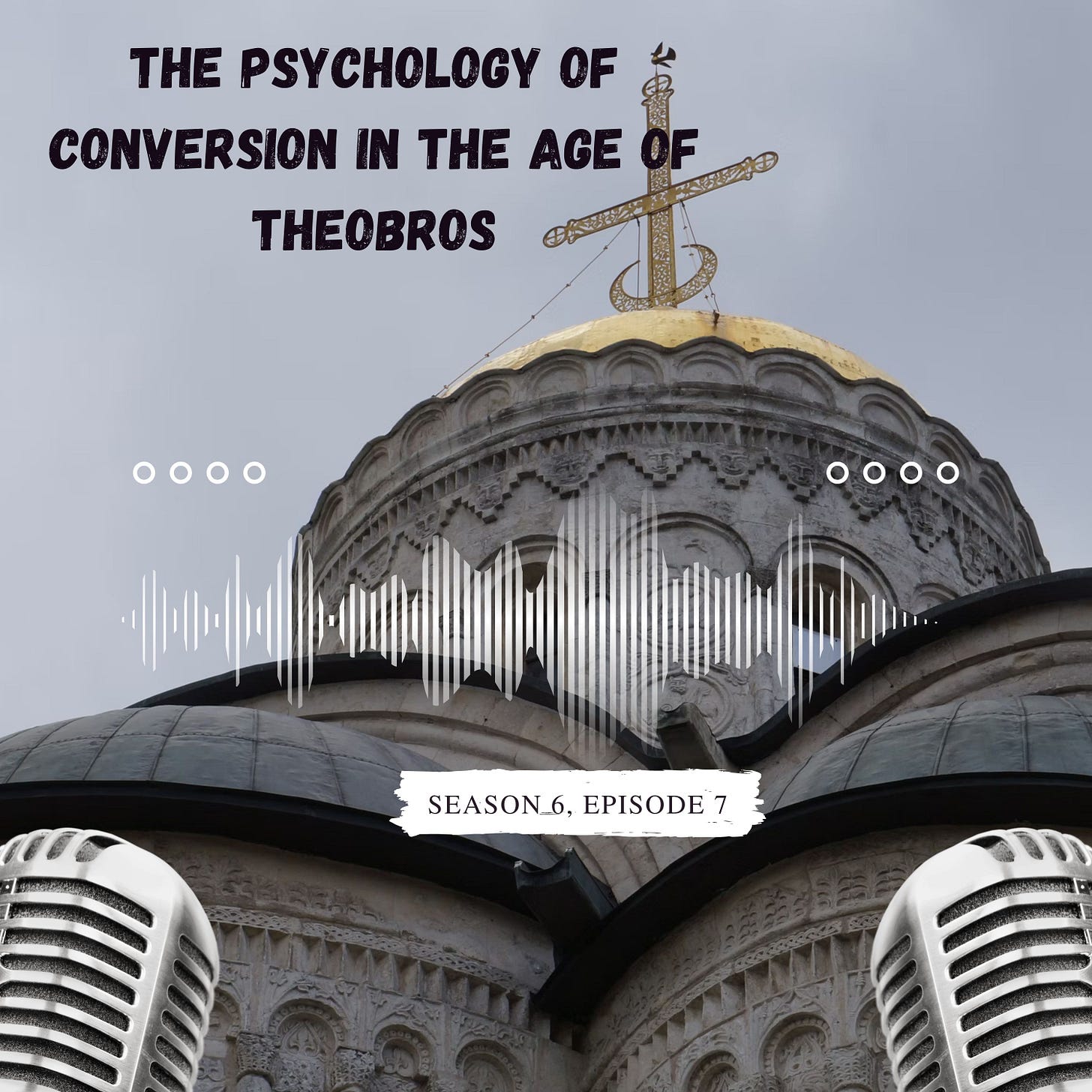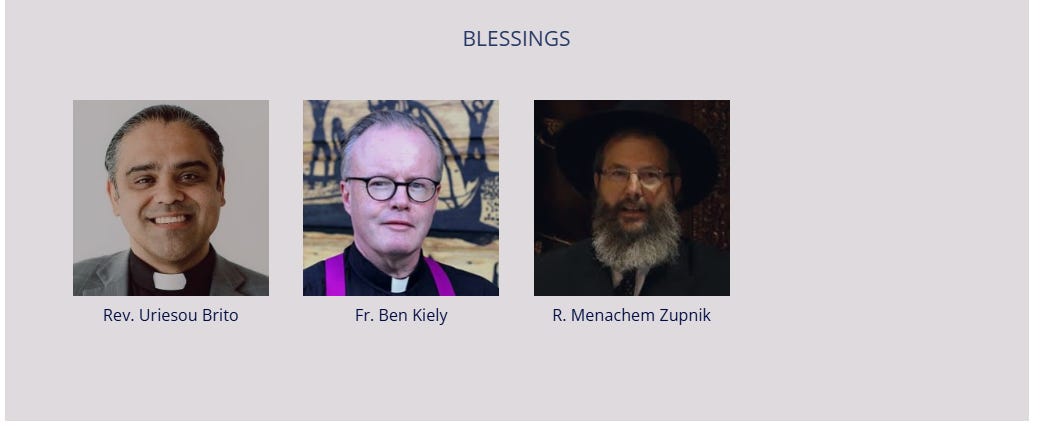Twitter Friendships and Conversions
Whether you’ve felt the pull of Rome or the East, or you’re walking alongside friends who are, this episode provides clarity, caution, and encouragement to walk slowly, faithfully, and wisely.
In this episode, Pastor Uri Brito welcomes Austin Brown for a thoughtful conversation on the psychology of conversion to Eastern Orthodoxy in the age of social media. They explore the rise of “Twitter conversions,” where personality-driven online voices attract seekers who are weary of shallow evangelicalism and searching for depth, antiquity, or beauty.
Together, they wrestle with the despair and uncertainty that often accompany these journeys, the overwhelming complexity of historical debates, and the temptation to trade truth for aesthetics or novelty. They reflect on the clarity and sufficiency of Scripture, the importance of local church community, and the need for patience and discernment in exploring different traditions.
The discussion offers both pastoral counsel and personal testimony, reminding listeners that truth, not taste, must remain central; that beauty and antiquity are valuable but secondary; and that faith should be nurtured in community, prayer, and Scripture before making life-shaping decisions.
Whether you’ve felt the pull of Rome or the East, or you’re walking alongside friends who are, this episode provides clarity, caution, and encouragement to walk slowly, faithfully, and wisely.
Notations
The implication that I need to break off friendships and relationships with people of different Christian political and theological traditions is absurd. While I will have continual public and private disagreements with them, I will also remember that 99% of pugilism on social media NEVER translates to pugilism face-to-face.
A quick story to make the point.
During my doctoral studies, I attended a class at RTS alongside several pastors, some of whom were well-published and highly regarded in the Reformed tradition. We had to post our names in front of our seats. While this was several years past the Federal Vision controversy, some people still talked as if it were 2002 perpetually. The pastors in that class knew who I was and were even privately sympathetic to the objectivity of the covenant.
As everyone was walking into class, a particular figure, renowned for his opposition to Federal Vision, even becoming a sort of itinerant traveler to Presbyterian courts across the country, where he functioned as a prosecutor of all things FV, which he believed was polluting NAPARC congregations, sat down across from me.
Once he glanced at my name and I took a peek at his, it was apparent we had heard of each other. He had read some of my articles and was keenly aware of my affiliations and associations. I had read plenty of him to determine that certain human beings don’t deserve my attention, and he was a frontrunner for that title.
I watched his demeanor closely during class. The class was an overview of Puritan practices. At one time, a poem from a great Puritan was read, and he was emotionally moved. Despite his effort to condemn virtually all my friends, he was humanized in my eyes.
When the lunch break came, I immediately went towards him. I shook his hands, and my first words to him were: “How about lunch tomorrow after class?” It’s as if we both knew instantly it needed to happen.
I don’t need to go into details, but our lunch was extraordinary. We asked each other forgiveness for things that were said behind the scenes and even publicly in writing. He had already been going through some transitions in his thinking and realized that much of his disdain for the FV/CREC was eating him up inside and damaging his soul.
Ever since, we have exchanged thoughts and notes, read each other’s doctoral theses, and had meals together here in Pensacola when he visited.
The idea that relational lines are set on social media and that friendships must be ruined makes no sense. There is a clear reason the Apostle John writes that he prefers to see you face-to-face rather than write in ink. He knew that warnings are received more persuasively through fleshly interactions.
Remember these things.
Nuntium
I will be speaking at the National Conservatism Conference in Washington, D.C., next Thursday morning. I will begin with prayer on the last day of the conference:



